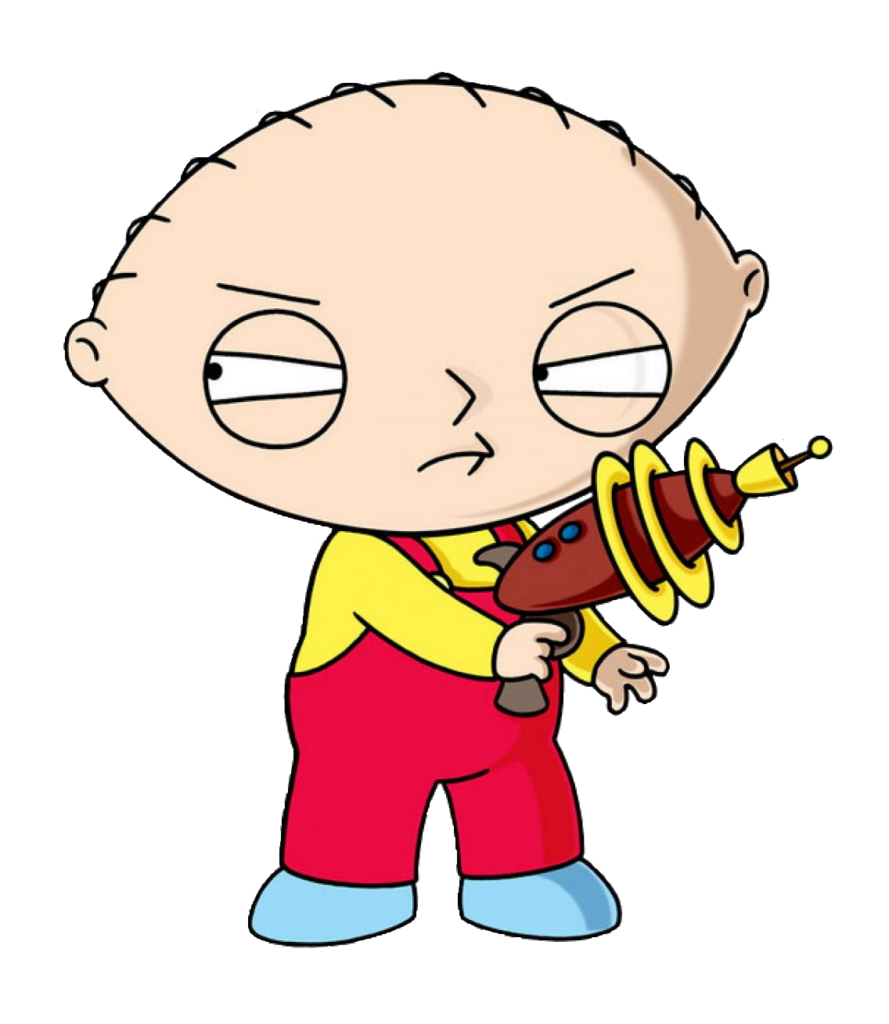
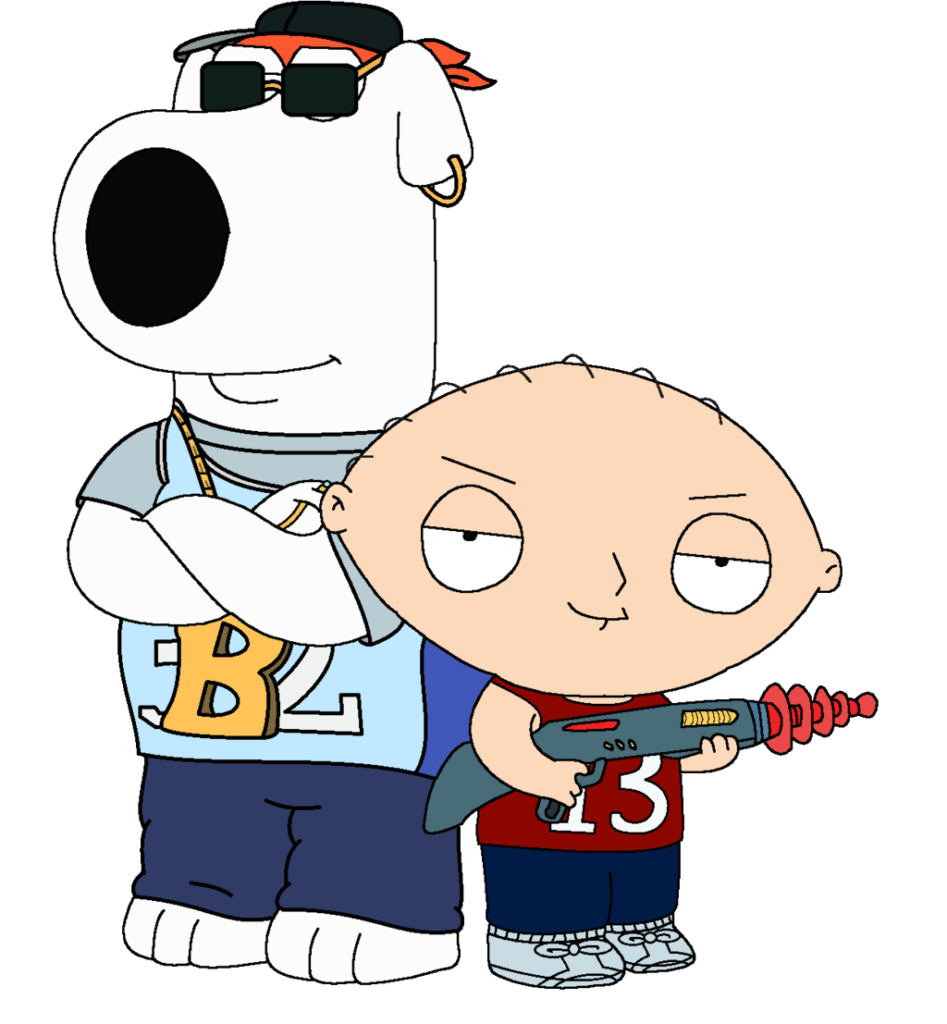
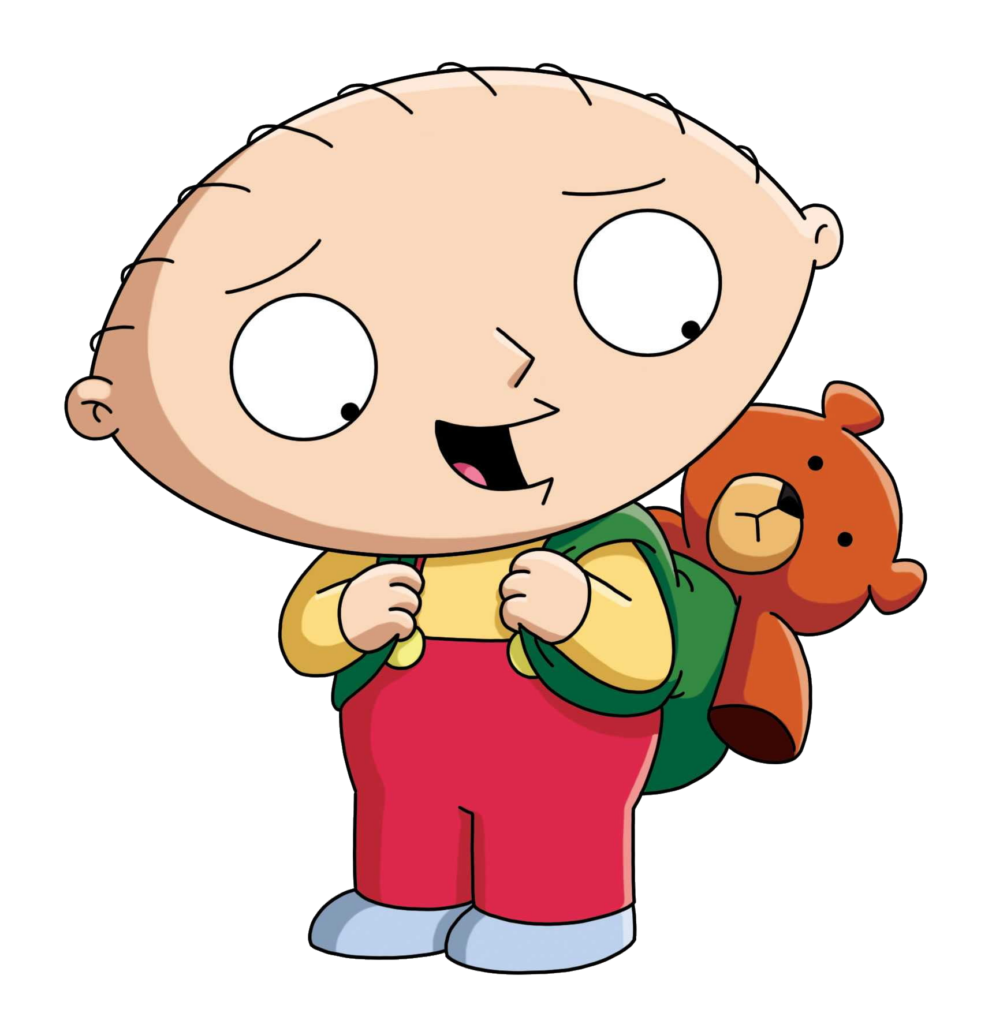
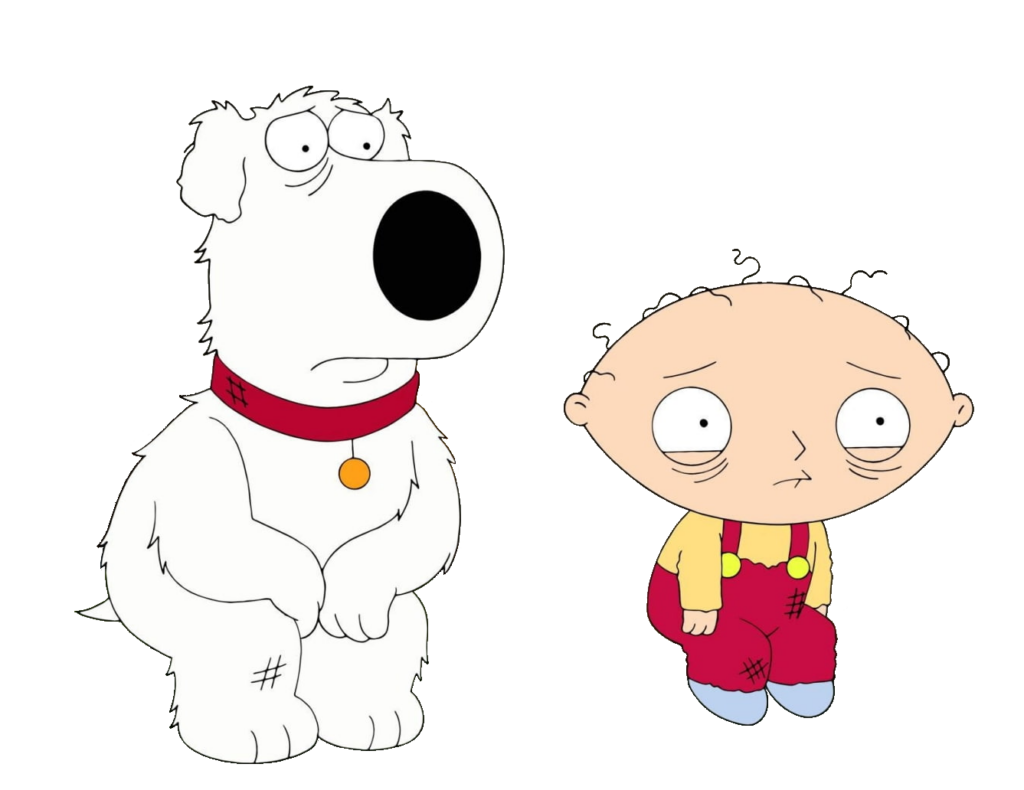
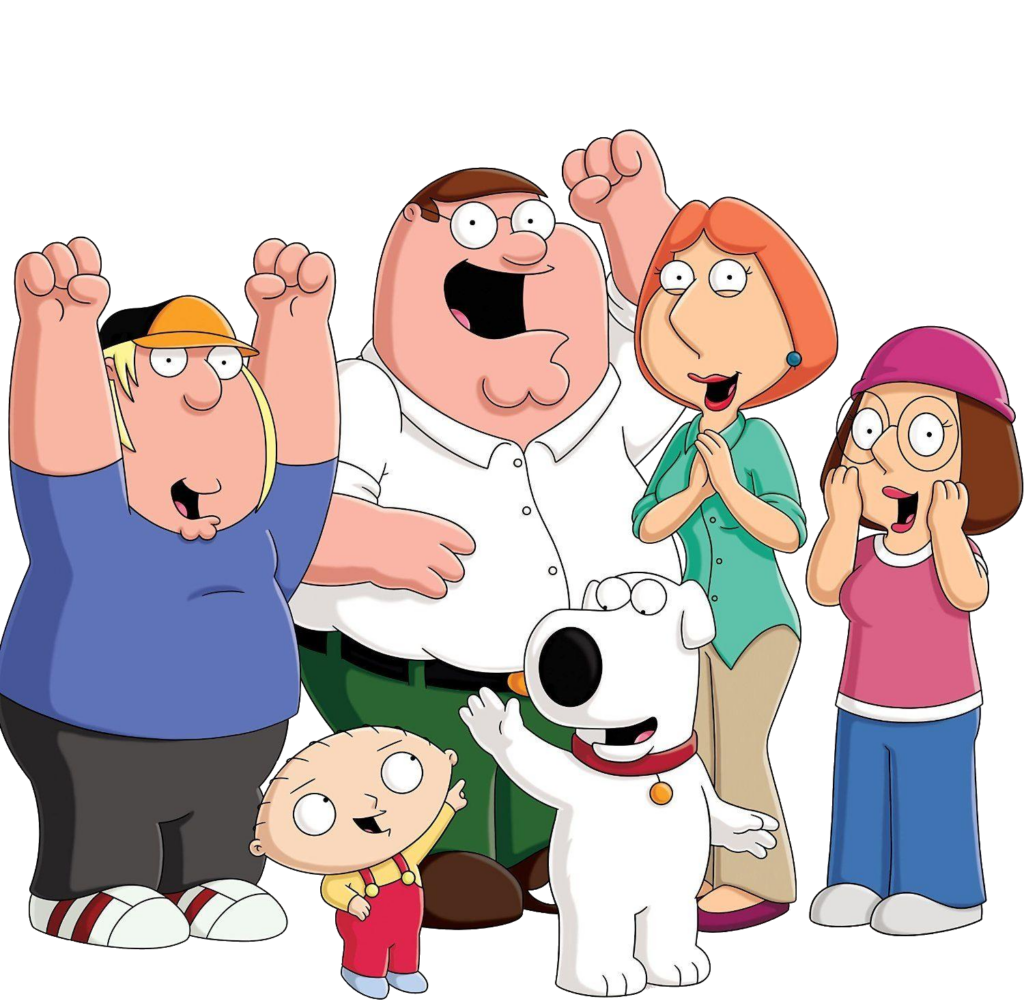
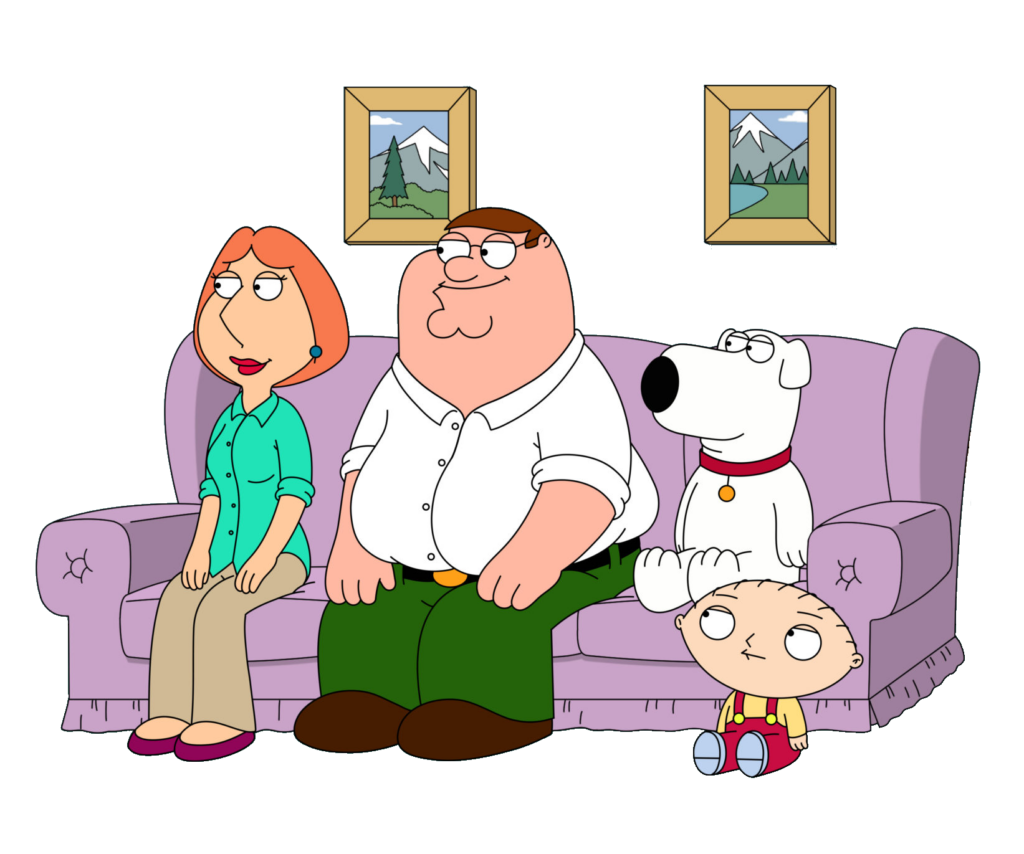
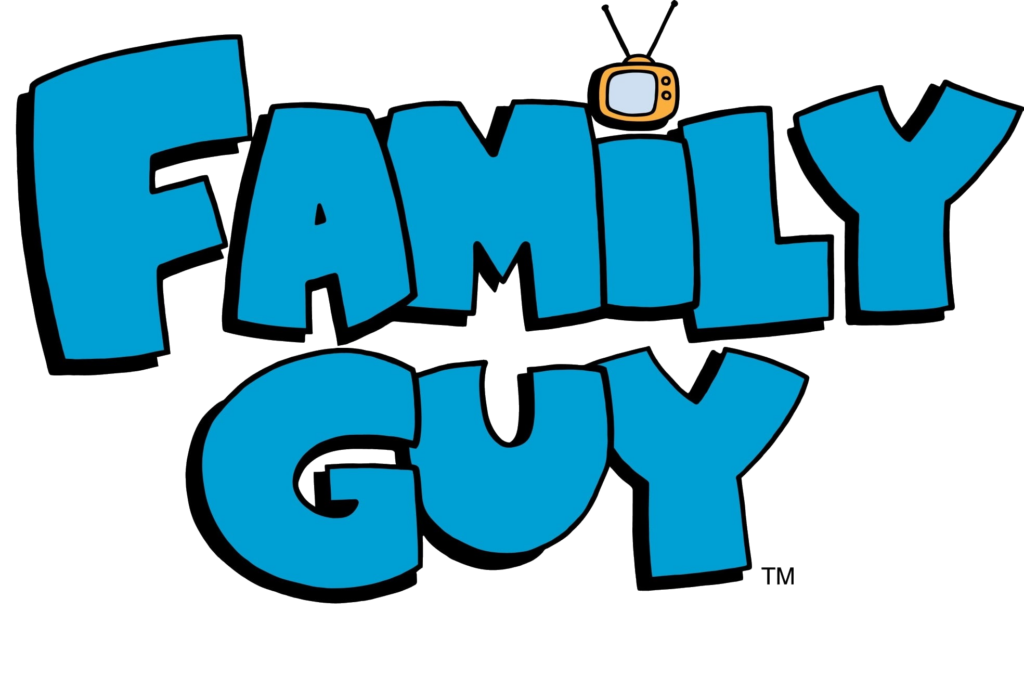
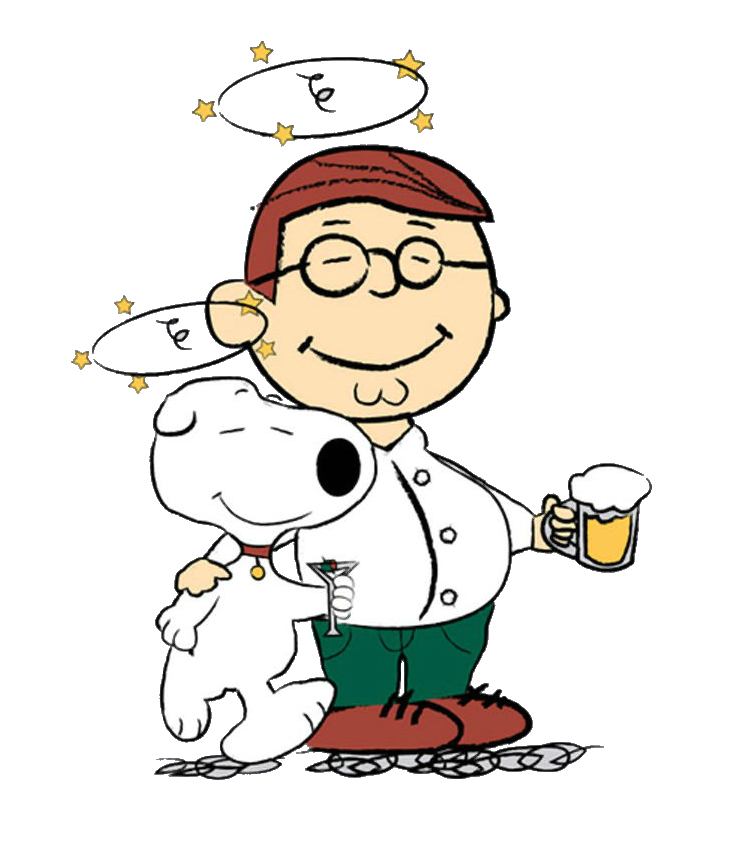
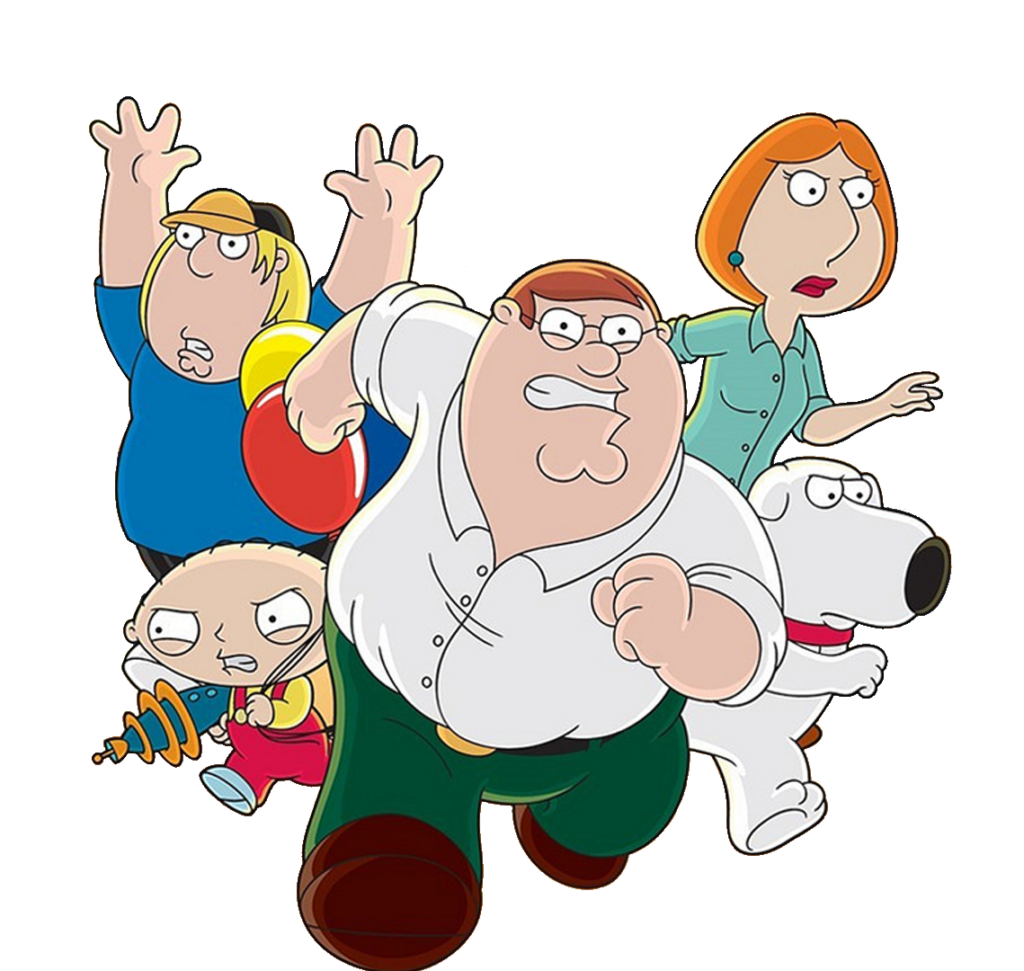
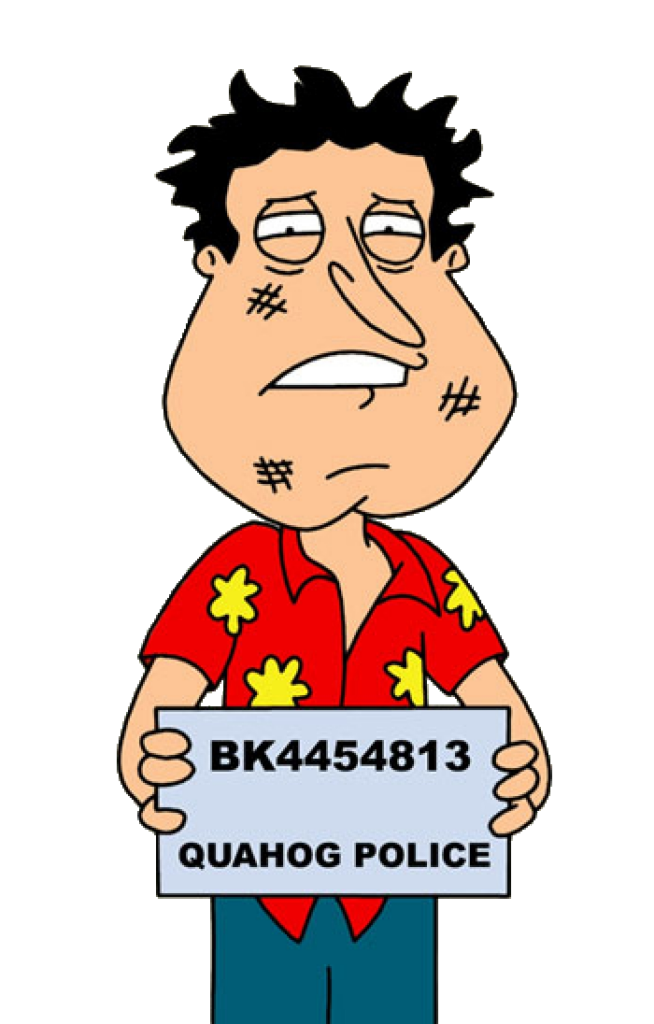
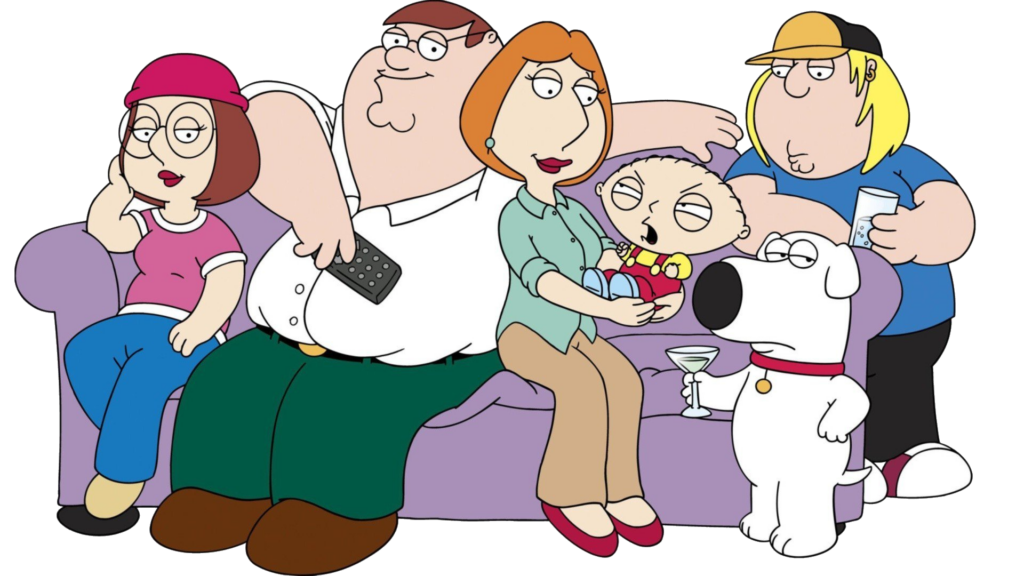
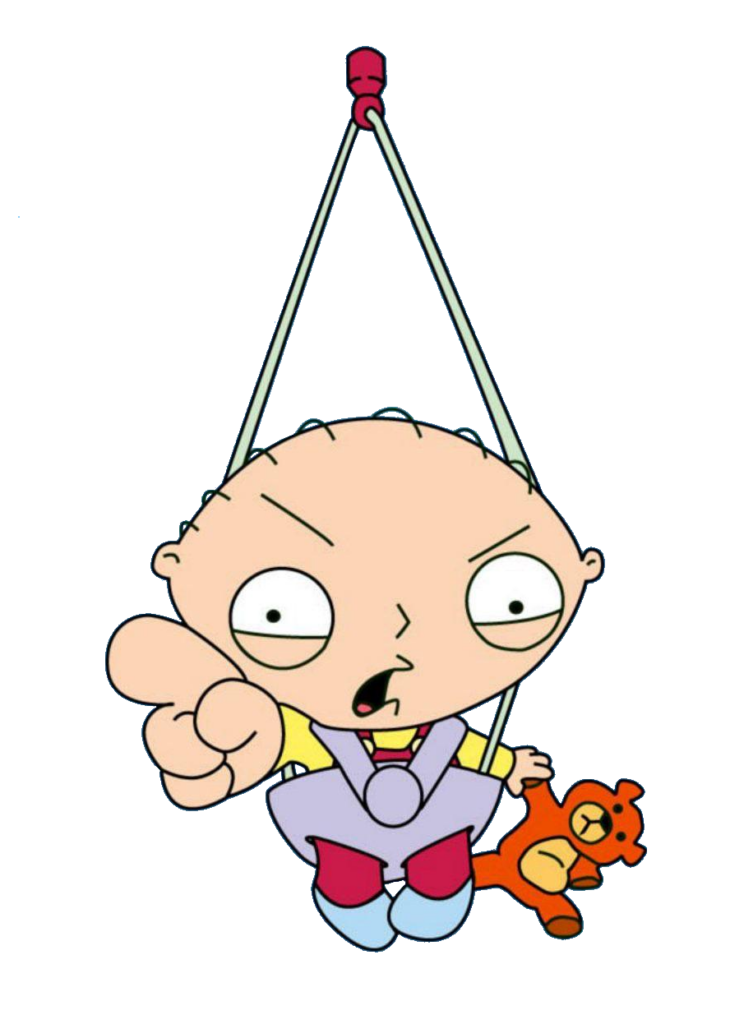
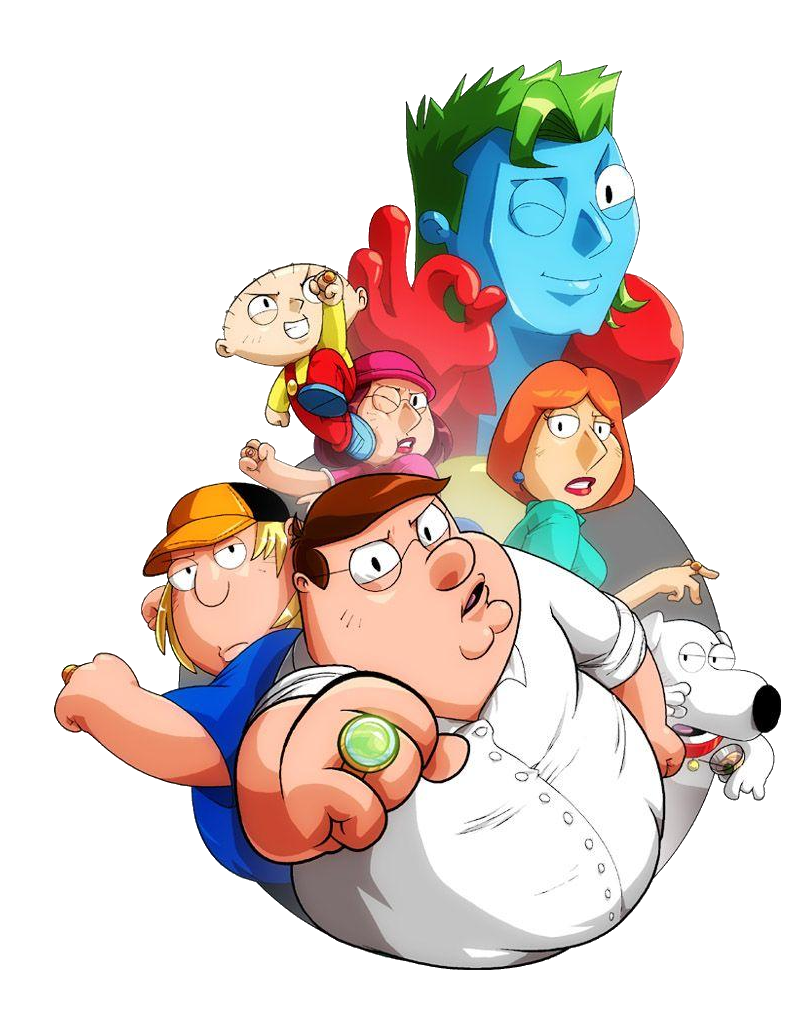
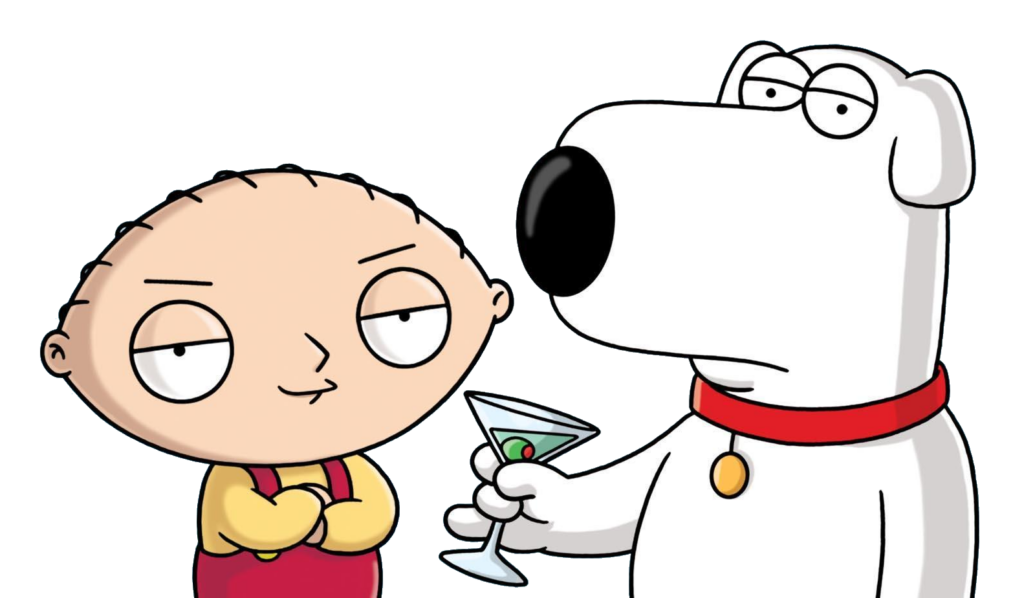
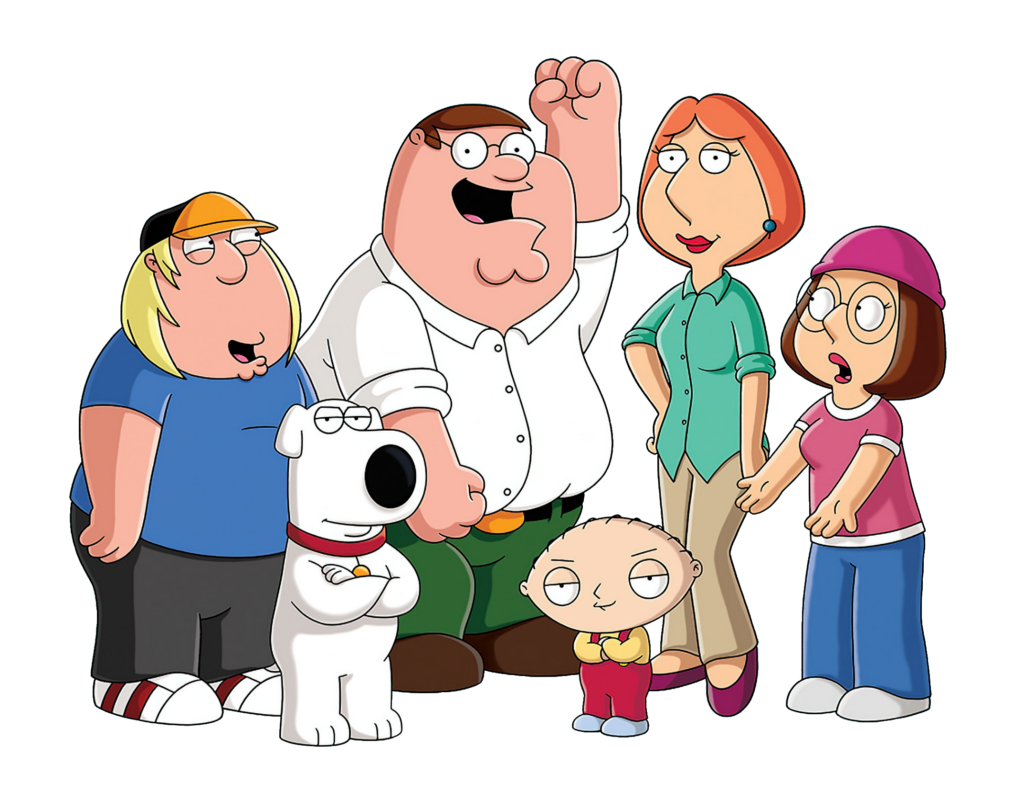
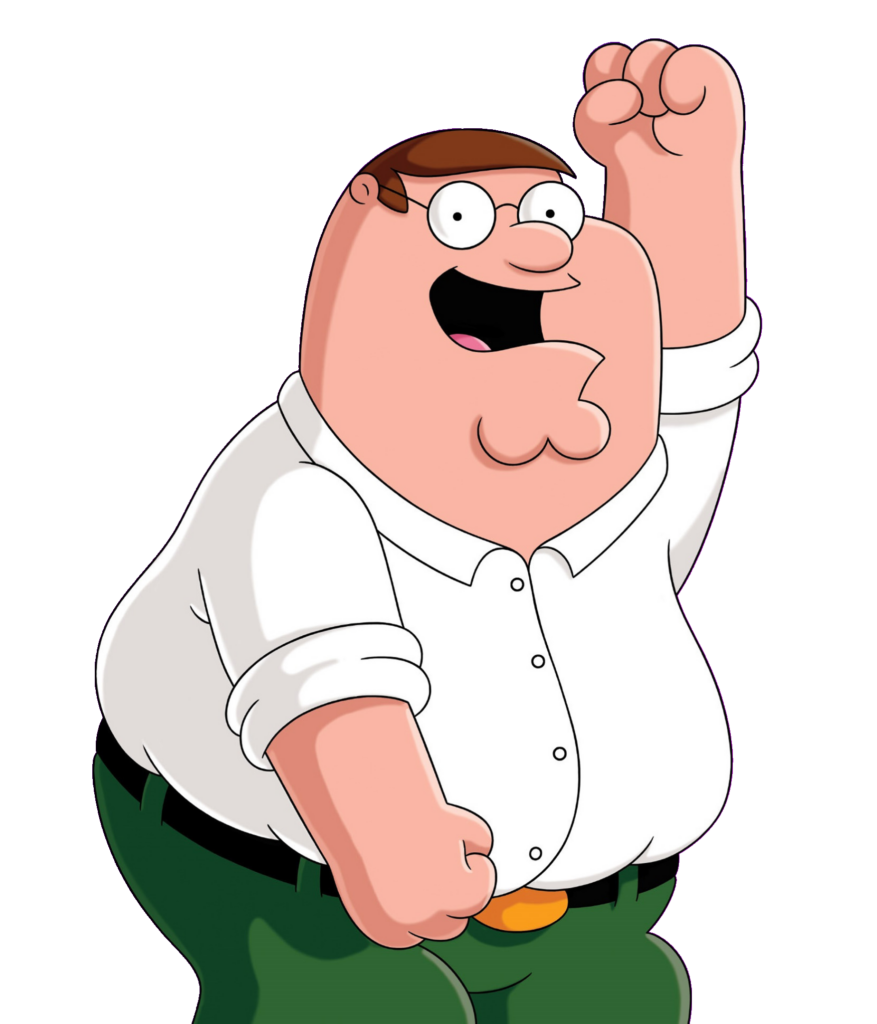
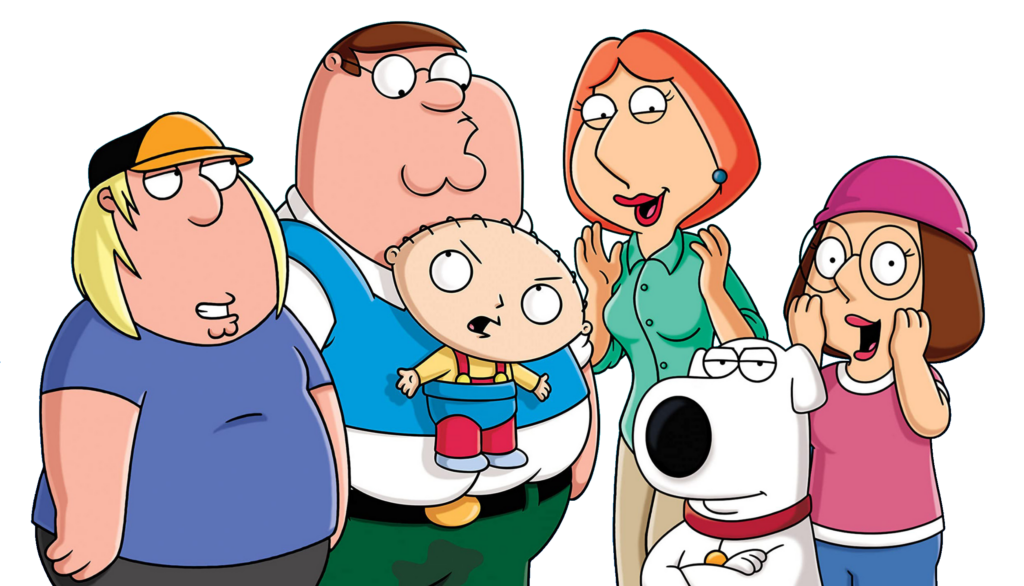

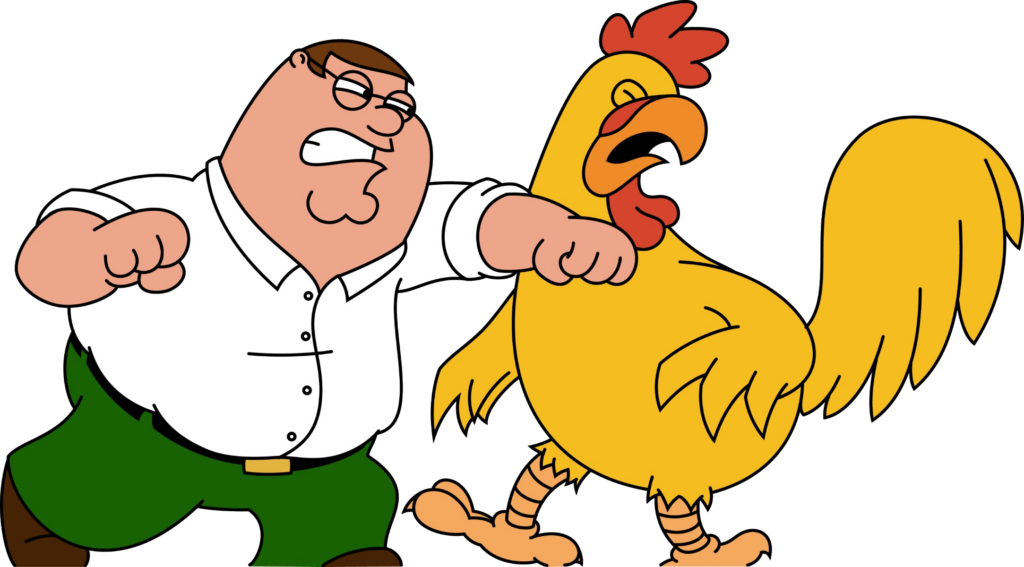

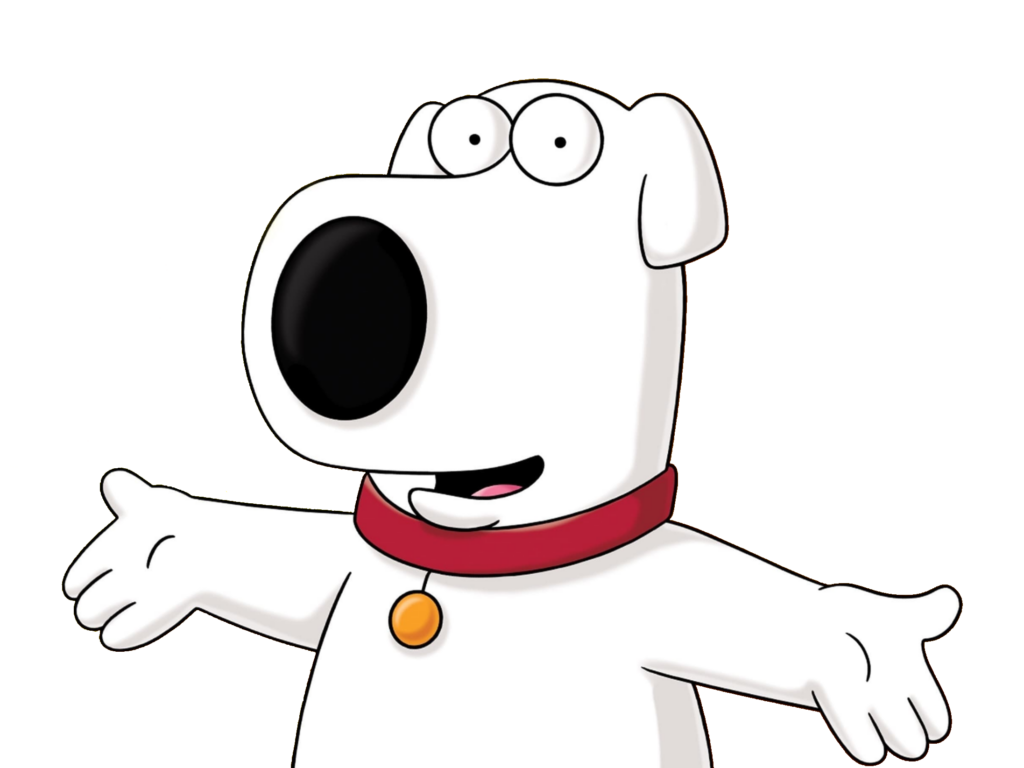
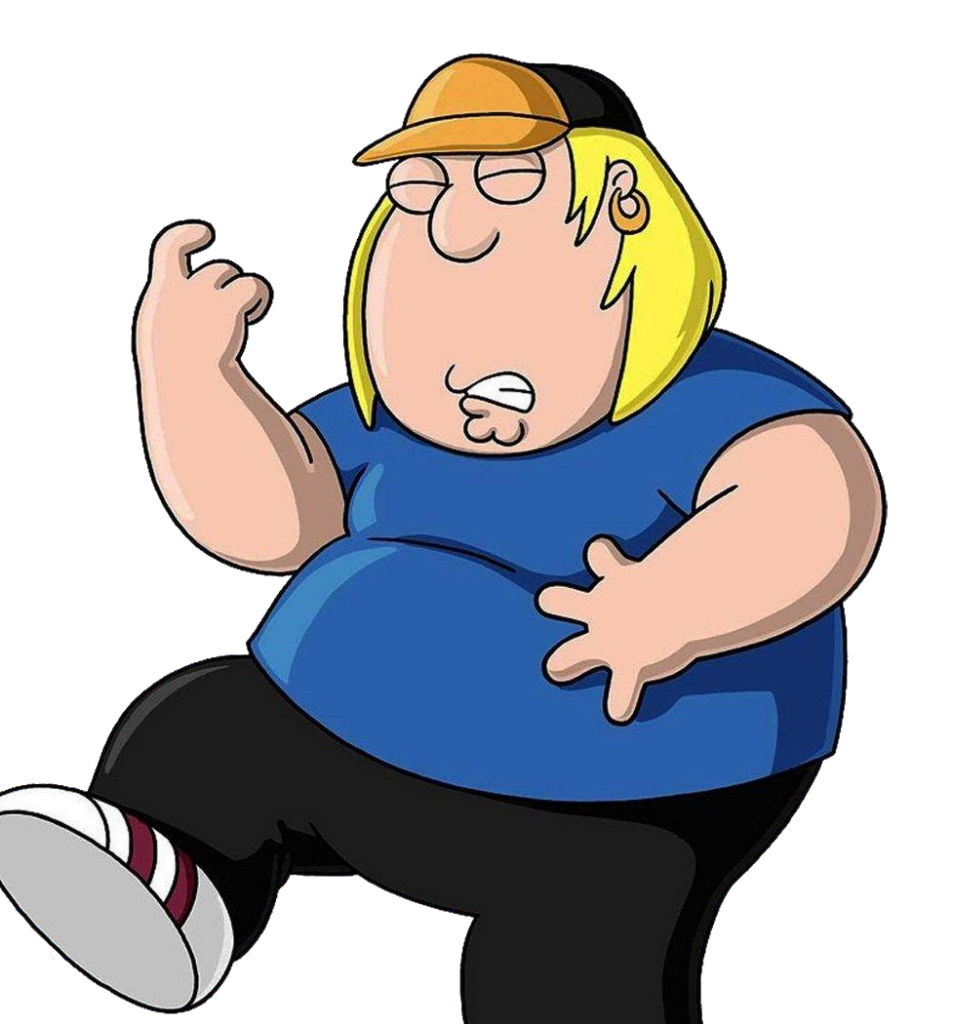

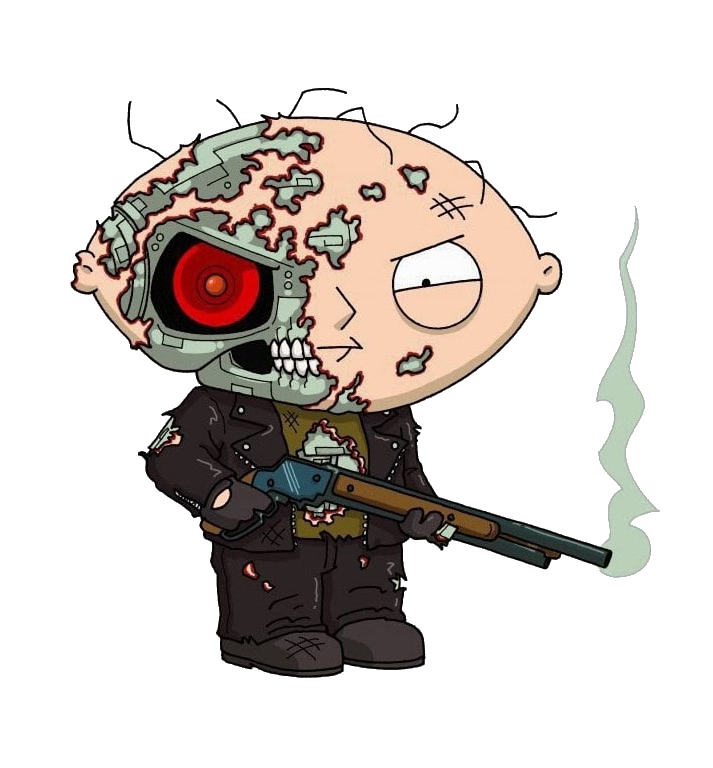
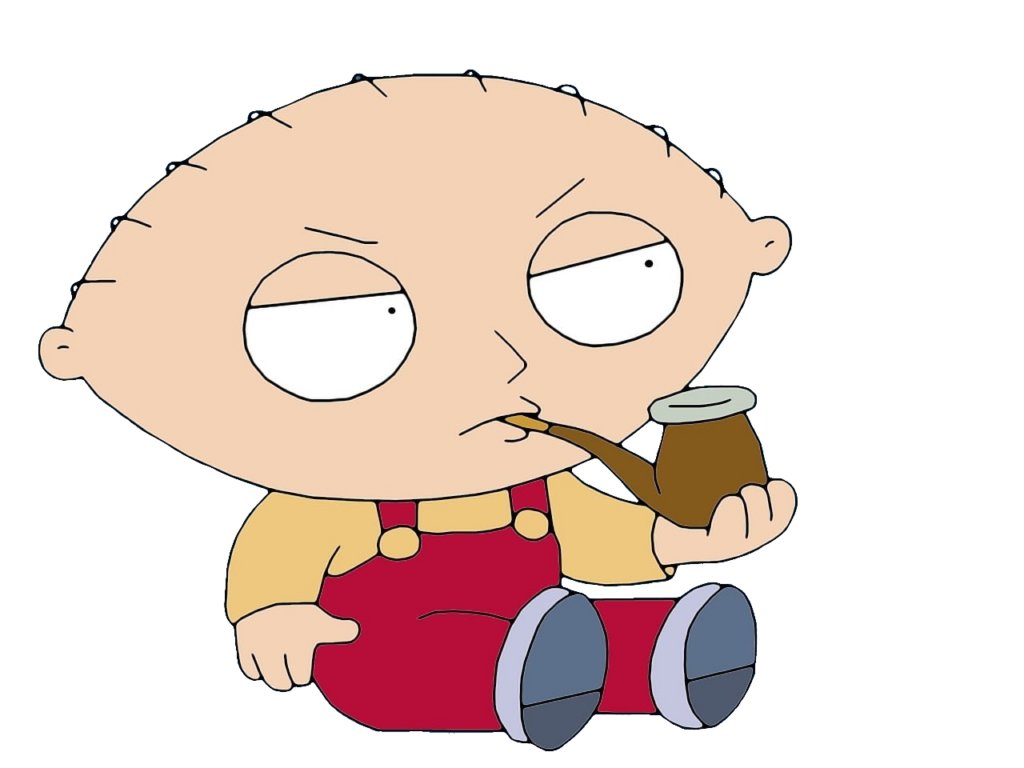
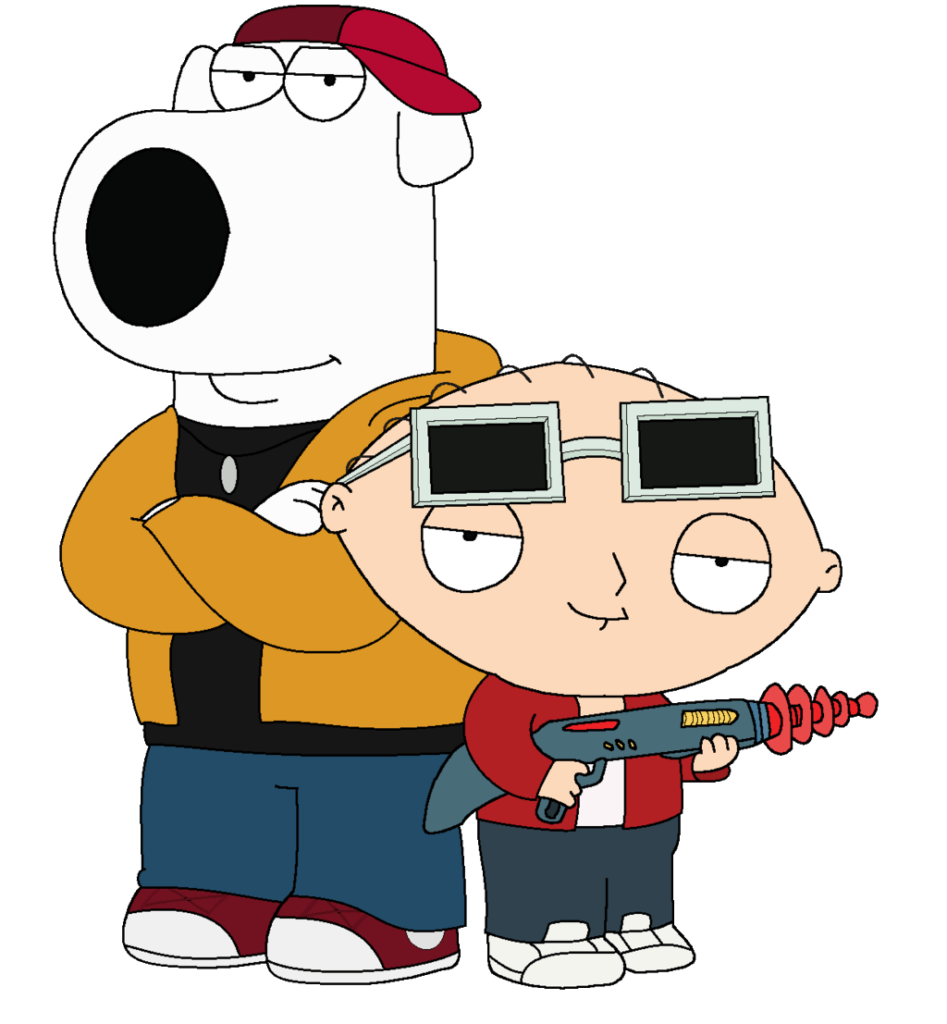
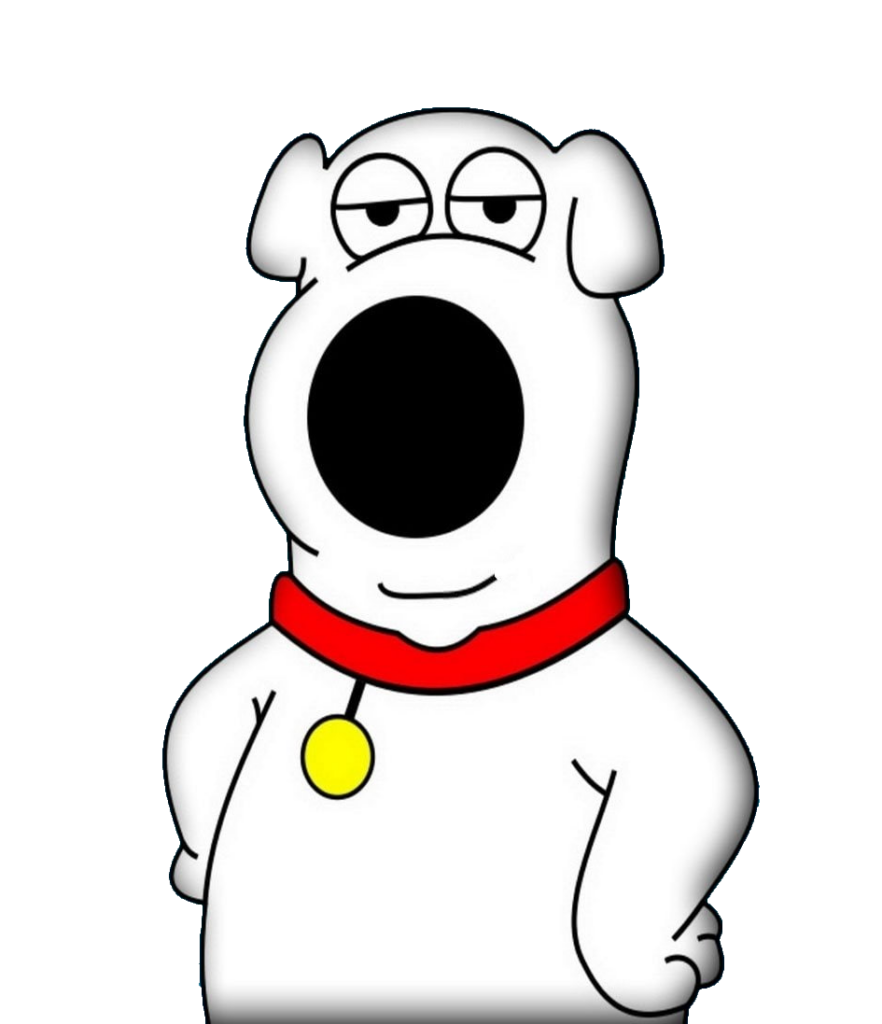
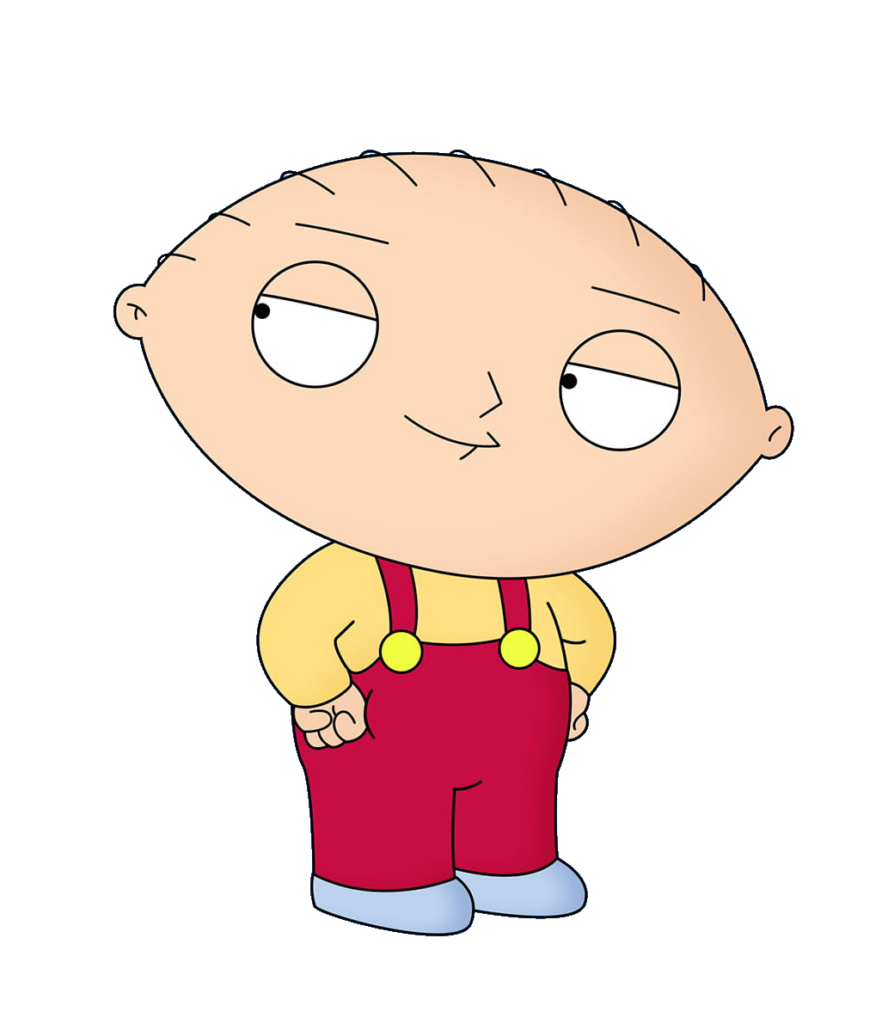

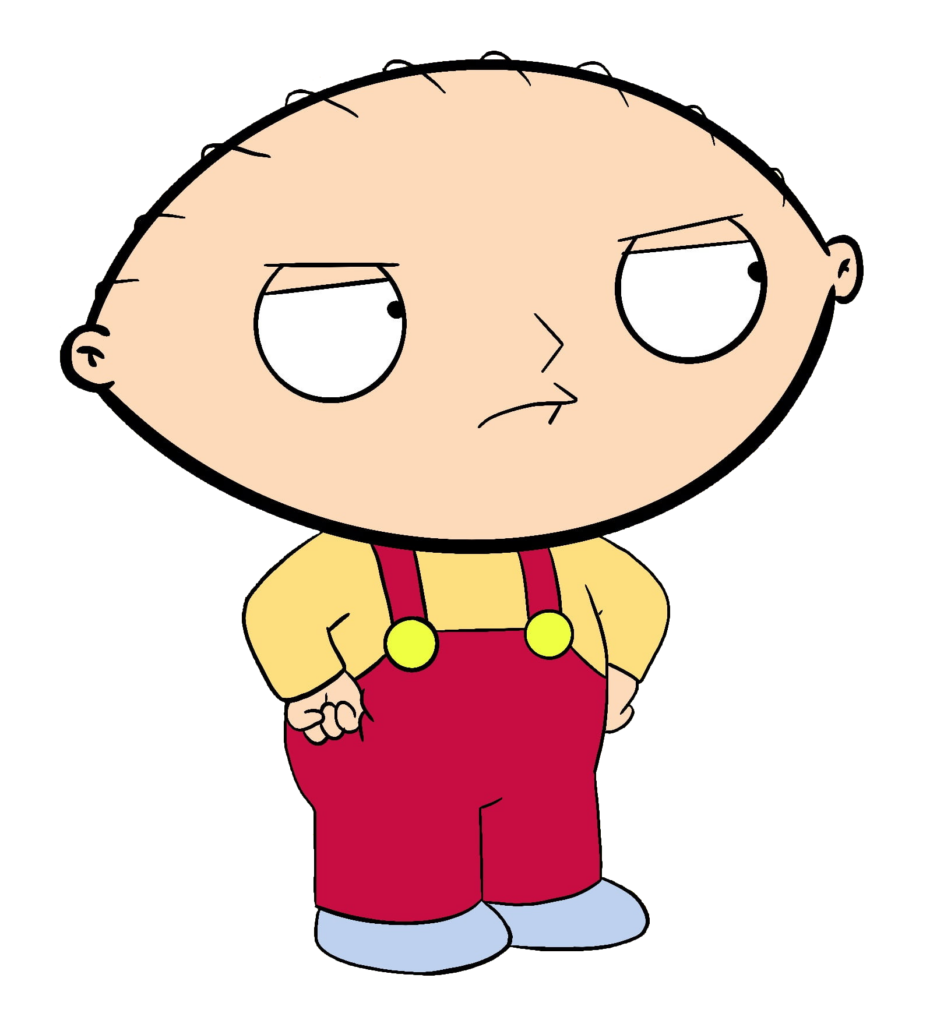
Family Guy, an animated television series created by Seth MacFarlane, has become a cultural phenomenon since its debut in 1999. Known for its irreverent humor, witty satire, and distinctive animation style, the show has garnered a dedicated fan base and sparked numerous discussions about its impact on popular culture. While some praise its clever writing and social commentary, others criticize it for its controversial content. Nevertheless, Family Guy is a satirical mirror reflecting society’s absurdities, contradictions, and cultural idiosyncrasies.
At its core, Family Guy revolves around the Griffin family, a dysfunctional yet endearing bunch living in the fictional town of Quahog, Rhode Island. The central character, Peter Griffin, is a bumbling and overweight father with a penchant for absurdity. His wife, Lois, is the voice of reason in the chaos, and their children—Meg, Chris, and Stewie—each contribute to the show’s unique dynamics. Brian, the family’s anthropomorphic dog, adds another layer of humor and commentary as he navigates the human world with a level of intellect that often surpasses his owners.
One of the defining features of Family Guy is its relentless satire. The show fearlessly tackles various subjects, from politics and religion to popular culture and everyday life. Its humor is often characterized by its dark and edgy nature, pushing boundaries and challenging conventional norms. The use of cutaway gags and non-sequiturs is the show’s trademark, allowing it to deliver rapid-fire jokes and social commentary on diverse topics.
Family Guy’s satire often takes the form of parody, with the show paying homage to and poking fun at various movies, TV shows, and celebrities. The writers use these references to highlight the absurdity of certain cultural phenomena, offering a critical lens through which viewers can examine societal norms and behaviors. By doing so, Family Guy positions itself as a reflection of the times, capturing the essence of contemporary issues humorously and exaggeratedly.
However, Family Guy has not been without its share of controversy. The show has faced criticism for its use of offensive humor, including jokes that touch on sensitive topics such as race, gender, and disability. Some argue that the show’s irreverence can be interpreted as disrespectful and perpetuate harmful stereotypes. Others defend it as satire, asserting its purpose is to highlight societal flaws rather than endorse them.
Despite the controversy, Family Guy has remained a popular and influential show, leaving an indelible mark on the landscape of animated television. Its impact extends beyond entertainment, as it has become a cultural touchstone that prompts discussions about the boundaries of humor and the role of satire in contemporary media.
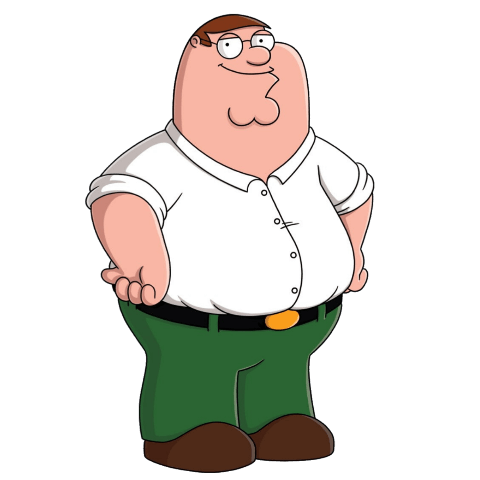
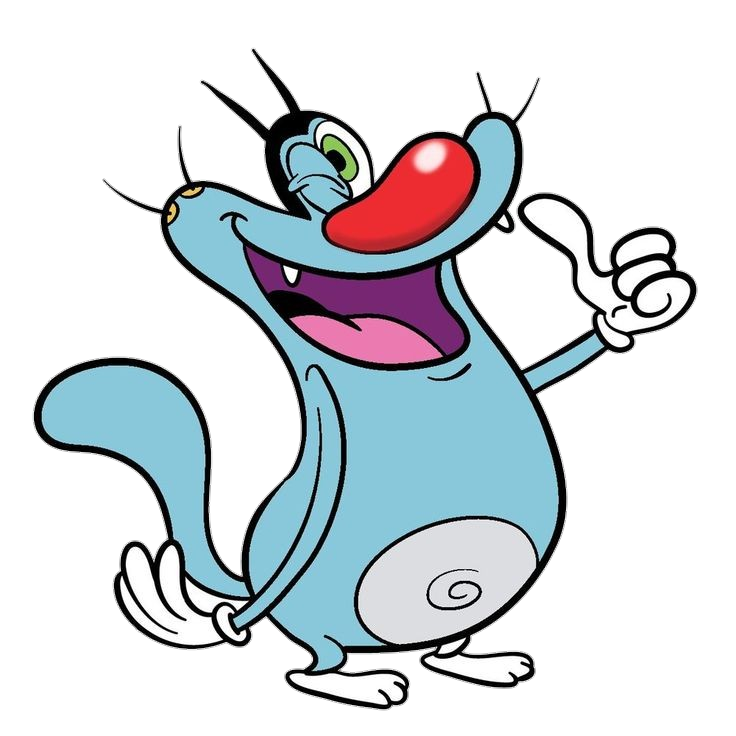




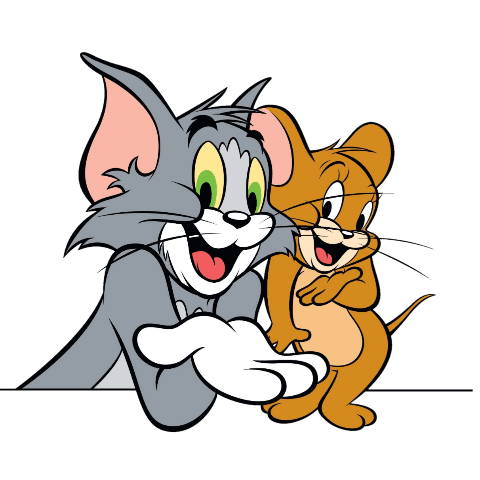
Leave a Comment